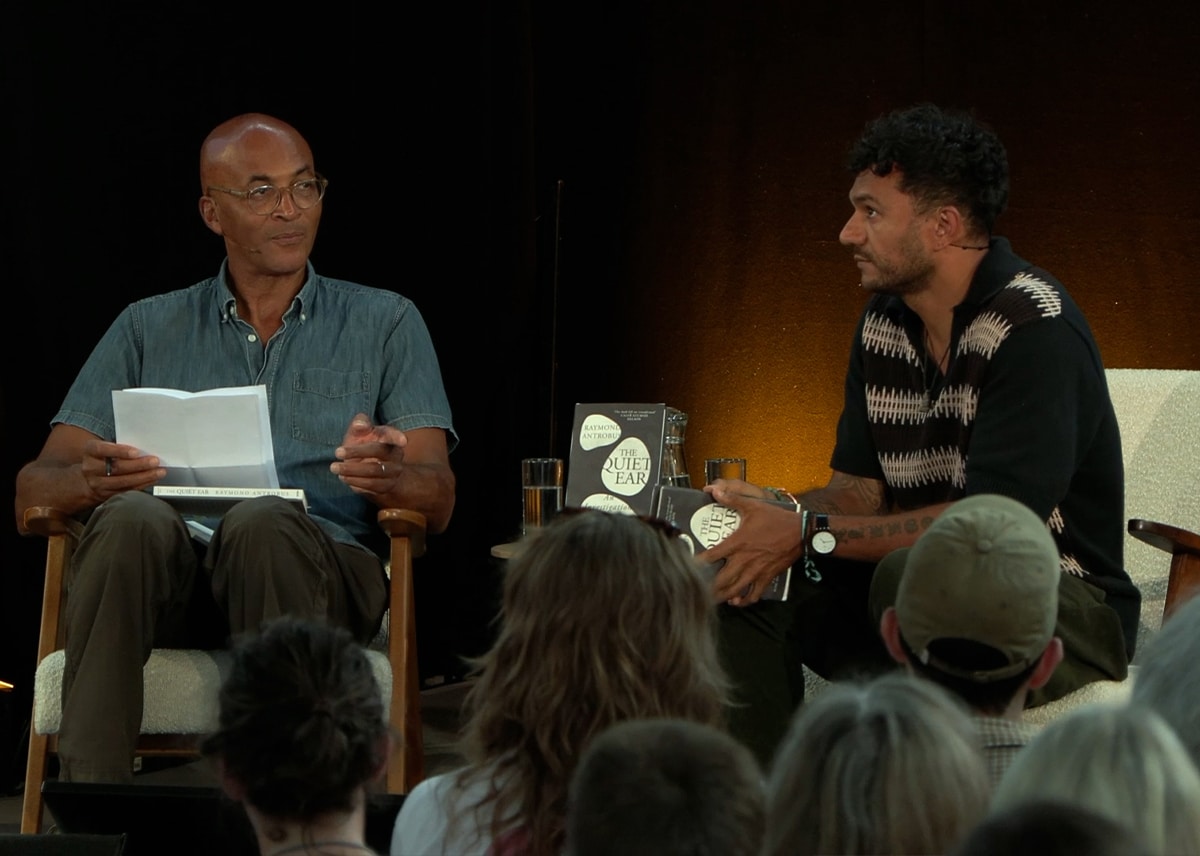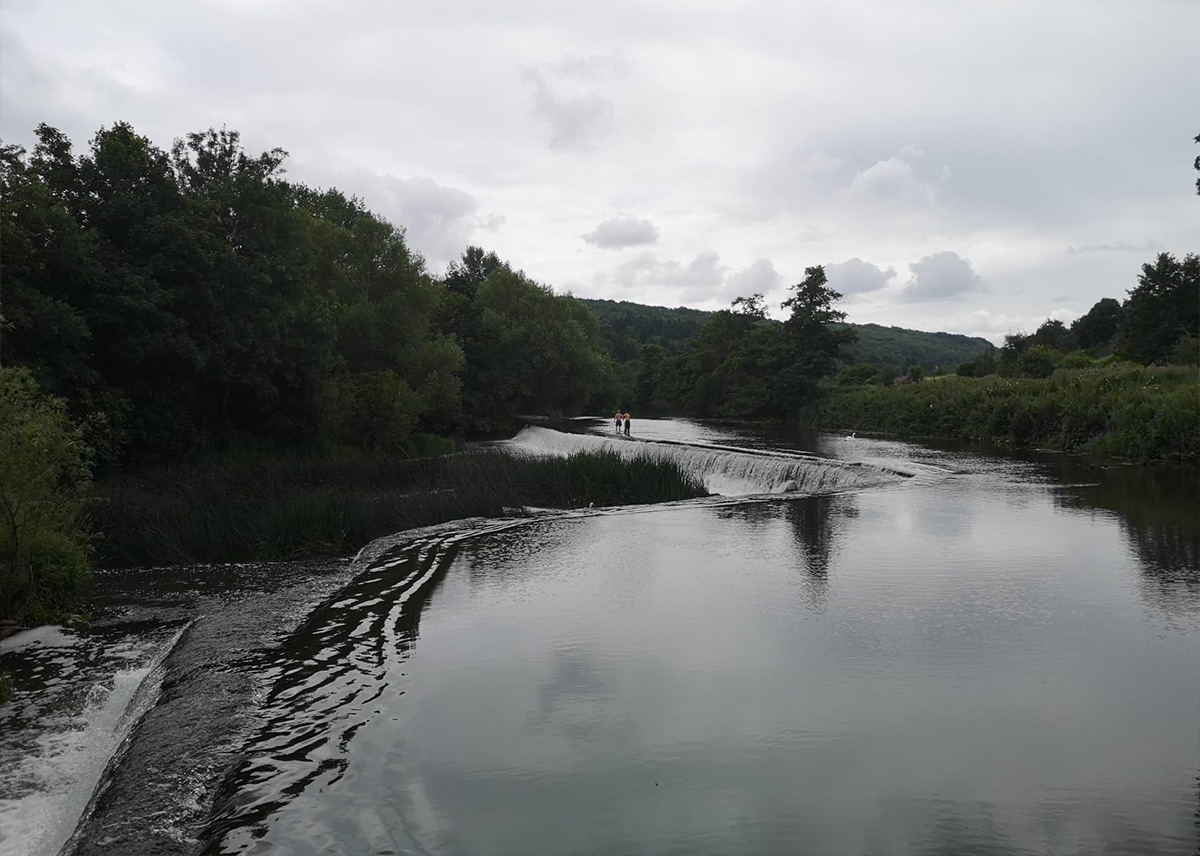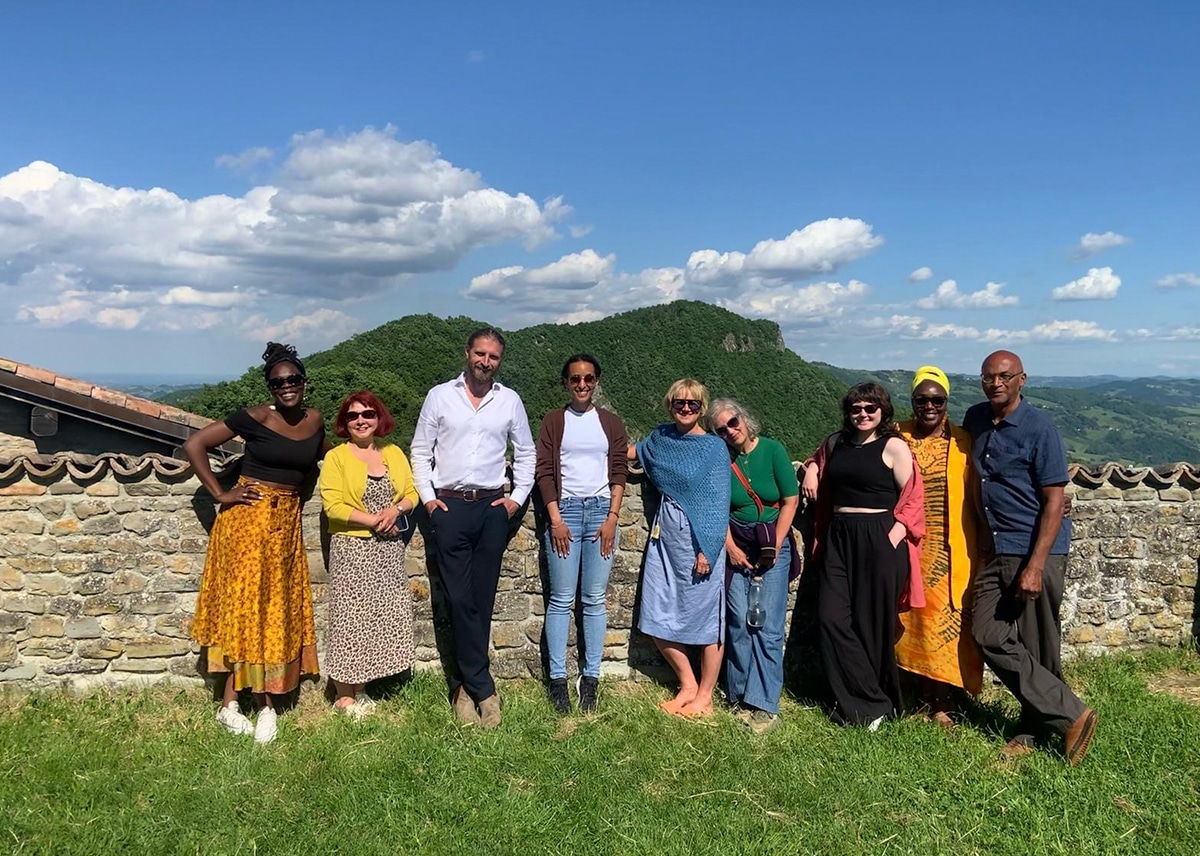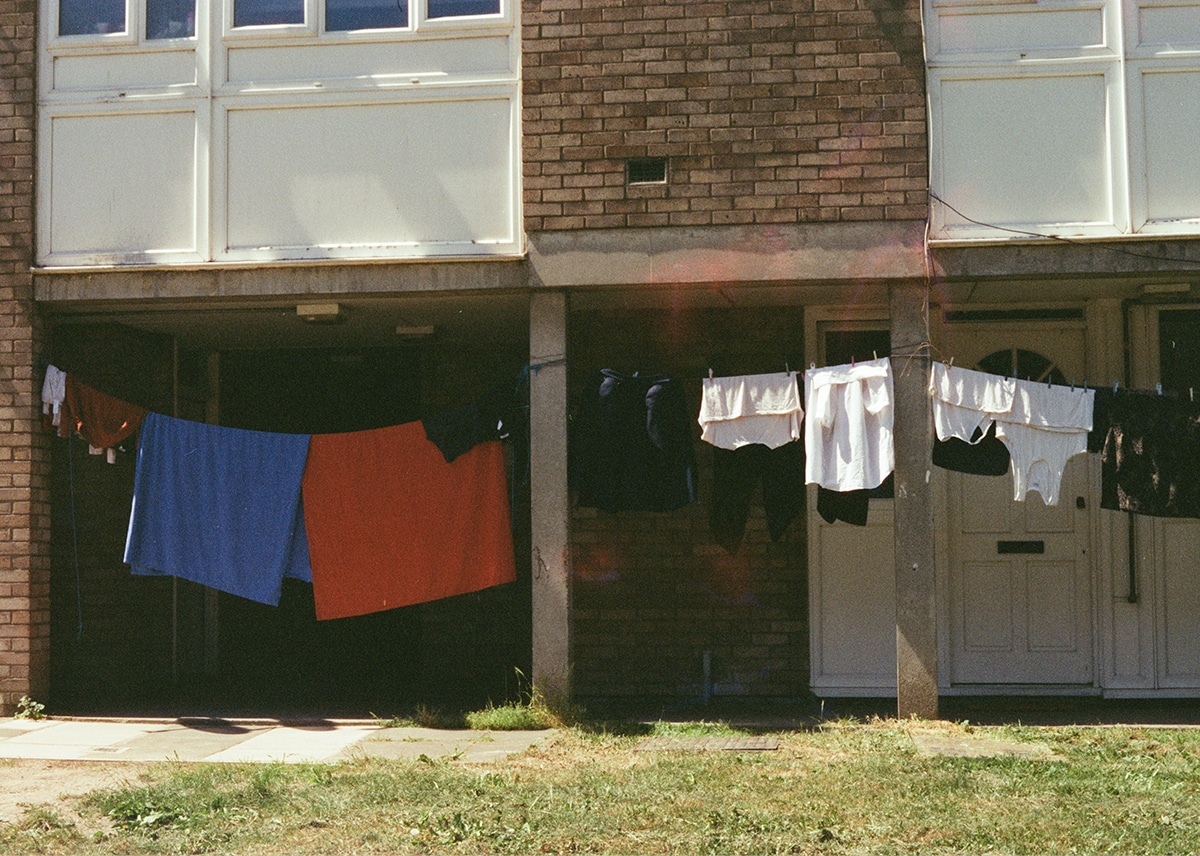The Strangers

Photo by Herman Hiller courtesy of Library of Congress
Ekow Eshun
(Hamish Hamilton, 2024)
Review by Franklin Nelson
‘People are trapped in history and history is trapped in them.’ Deployed by the writer and curator Ekow Eshun as an epigraph to The Strangers, James Baldwin’s assertion casts humankind and time as a knotty pair, its chiastic structure reinforcing how they are fixed and framed by one another. If bodies, whether of flesh or knowledge, carry and convey different pasts into the present, what to make of (the impact of) those bodies that society judges ‘alien, non-resident, outcast, pariah, drifter’?
This question is one Eshun seeks to answer, elaborating the lives, as his subtitle puts it, of ‘five extraordinary Black men and the worlds that made them’ through ‘storytelling that intertwines the documentary and the imaginary’. Individuals of ‘varied character and outlook who lived in different places, at different times’, the quintet comprises: Ira Aldridge, ‘actor and playwright’; Matthew Henson, ‘polar explorer’; Frantz Fanon, ‘psychiatrist and political philosopher’; Malcolm X, ‘activist leader’; and Justin Fashanu, ‘million-pound footballer’. Each, in his own way, ‘a pioneer’, trapped in yet transforming history.
Rather than tell their lives in full, The Strangers homes in on moments. They range from Aldridge’s galvanic first encounter with theatre in the 1820s in the form of Edmund Kean (whose name he later adopted) as Macbeth, which makes him want to ‘stand in his place … to know the fullness of that alchemy’, to Fanon’s uneasy decision to leave Algeria after his home is bombed in 1956, to Fashanu’s real-time processing of the ‘perverse delight’ of Sun newspaper readers at his effectively forced ‘outing’ in 1990.
The social, political, economic, sexual and cultural histories that shape and are shaped by the five men underline Eshun’s invitation to the reader to view them, and their experiences, as part of something bigger than themselves. Indeed, the short essays that follow each chapter, forming the book’s ‘second strand’, introduce autobiography and the experiences of other ‘strangers’ across space and time. They include Tupac Shakur, whose poetic lyrics were released against a backdrop of ‘a succession of well-publicized scandals that seemed to … confirm Black men as an inherently criminal element of American society’, Olaudah Equiano, who sold and bartered his way out of enslavement in the Caribbean, and David Oluwale. The British Nigerian, long hounded by the police, drowned in the River Aire in Leeds in 1969 after being assaulted by two officers.
A clarion call to consider Black masculinity ‘not as a fixed state but as an open proposition’, The Strangers wears its extensive research lightly. It is beautifully conceived and told with equal parts compassion and creativity. What makes it is Eshun’s decision to ‘speak through the men’s own voices’ via second-person narration.
‘Although you live in close quarters with these men and do much of the important work of hunting, cooking and building sledges, they pay you little attention,’ we read as Henson, of an expedition to the Arctic. ‘Blacks in America are taught that having light skin is something to be proud of … You used to believe that too until you were old enough to know better,’ we read as Malcolm X, delivering a lecture at the University of Ghana. ‘Adoption is forever but if a foster family doesn’t like you, they can send you right back,’ we read as Fashanu of his and his brother John’s precarious life with Mr and Mrs Scott.
This ‘you’, which to Eshun’s credit quickly comes to feel natural, not only implicates the reader by literally, etymologically, ‘folding us in’; it also dissolves the divides between the five and invests them with more life. The effect is to underscore their presence in our present and how, despite what so-called friends or self-declared enemies said or wrote at the time or afterwards, they were never strangers at all.
https://www.penguin.co.uk/books/319734/the-strangers-by-eshun-ekow/9780241472026

Franklin Nelson
Franklin Nelson works for the Financial Times, commissioning and writing on UK politics, the economy and society as well as books and the arts.
Love forms
The experience of silently reading Claire Adam’s Love Forms is one of immense and daunting loneliness
The Quiet Ear
The Quiet Ear by poet Raymond Antrobus explores what it is to be deaf in the world of the hearing through his own upbringing and the lives of other deaf artists
Nowhere
Khalid Abdalla’s one-man show Nowhere raises questions of 'Who do we feel responsible for?' and ‘What [is] a life worth?’
In Olney River
Exploring the feeling of being watched by white families as a black man, while submerged in Olney River
Time was loud
On breaking free from the stifling demands for efficiency and learning to lean into time at the WritersMosaic Villa Lugara retreat
Wow, diaspora for real
Reflections on diaspora and the fantasy of return through conversations with friends and strangers

Preaching
'Preaching': A new poem by the T.S.Eliot Prize-winning poet Roger Robinson, from his forthcoming New and Selected Poems (Bloomsbury in 2026).
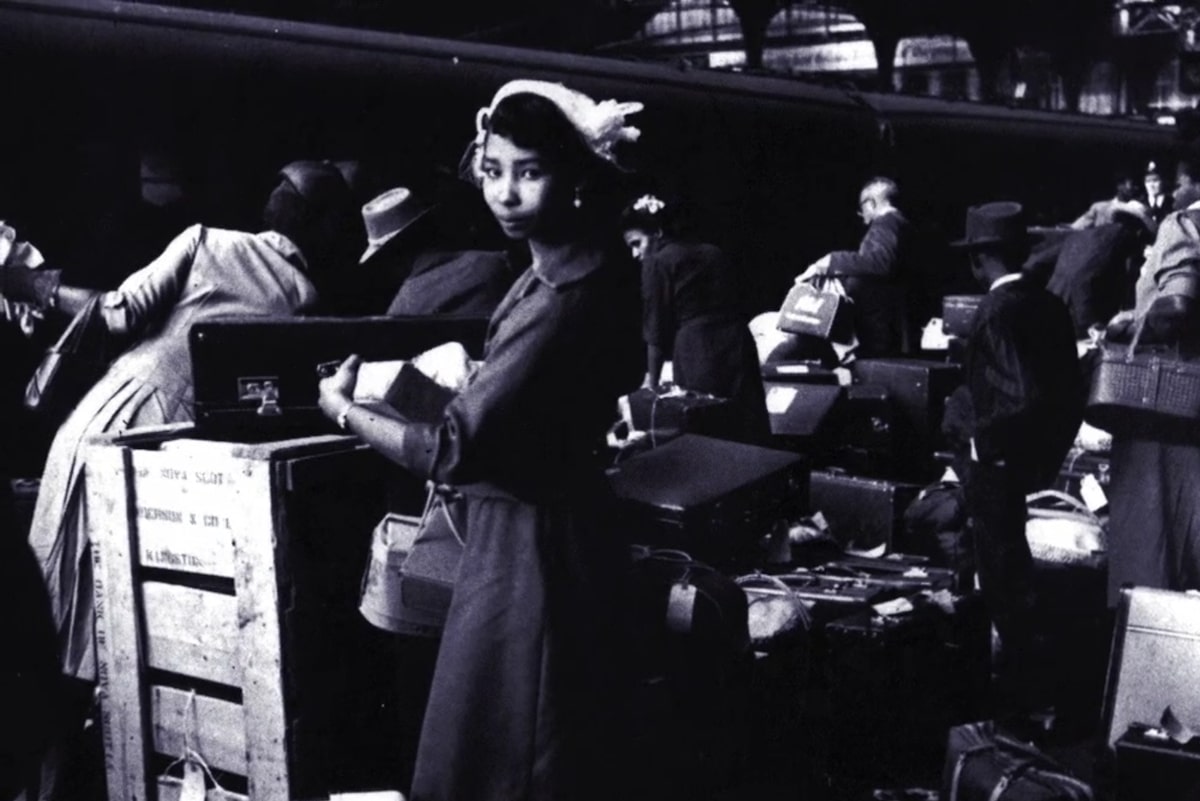
Walking in the Wake
Walking in the Wake was produced for the Estuary Festival (2021) in collaboration with Elsa James, Dubmorphology and Michael McMillan who meditates on the River Thames as we follow black pilgrims traversing sites of Empire.

Illuminating, in-depth conversations between writers.
SpotifyApple Podcasts
Amazon Music
YouTube
Other apps

The series that tells the true-life stories of migration to the UK.
SpotifyApple Podcasts
Amazon Music
YouTube
Other apps


